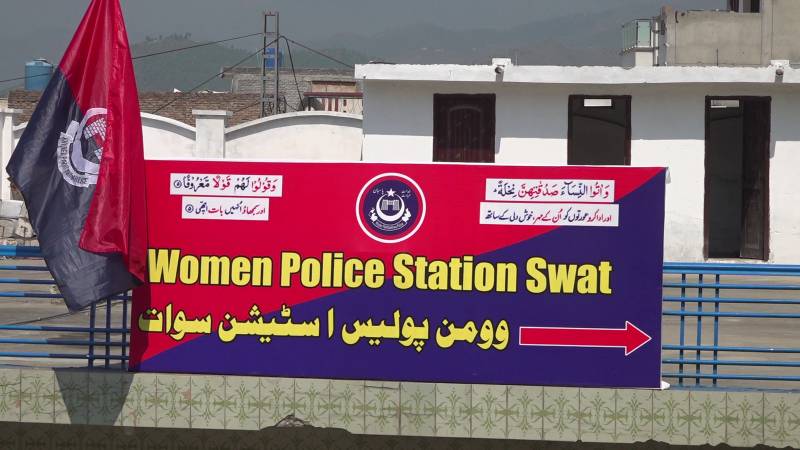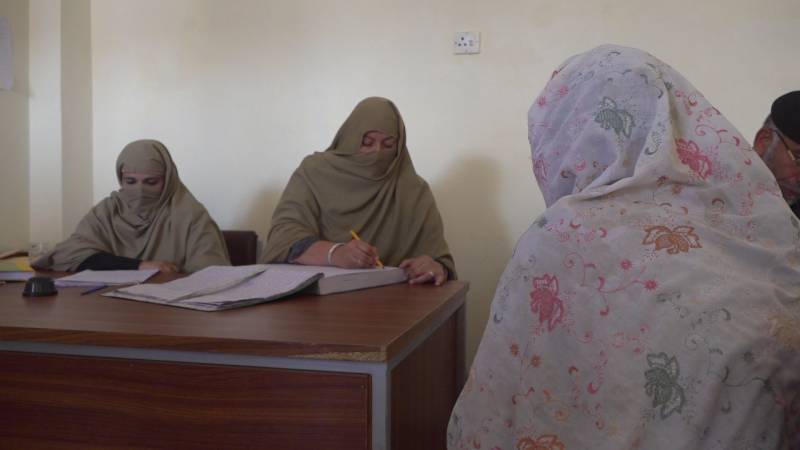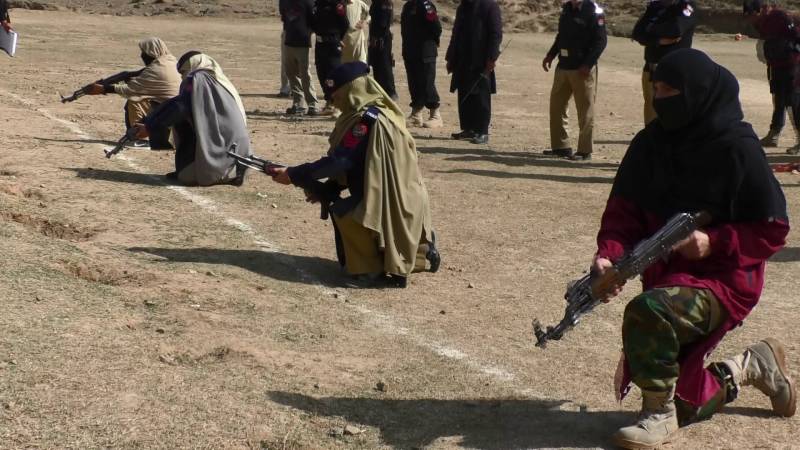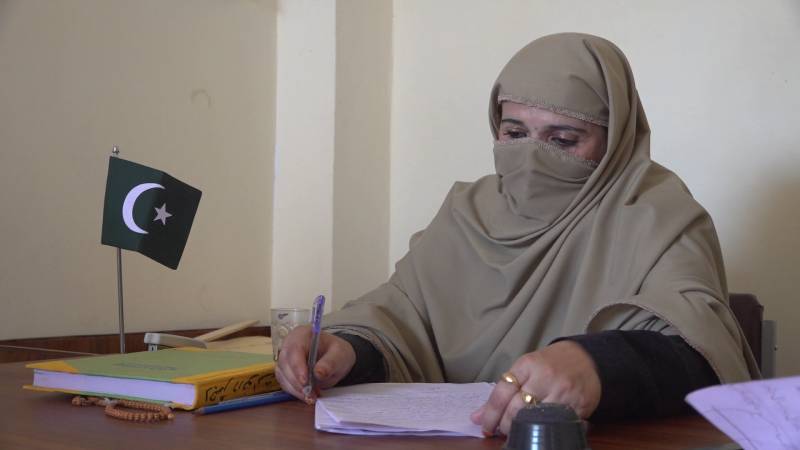
Women of Swat started reaching the women's police station established in Swat of Khyber Pakhtunkhwa with their complaints. For the first time in the history of the Malakand division, a women's police station has been established in the Rahimabad area of Swat, where women are reaching out with their law-enforcement-related problems.
A considerable number of women are actively engaged in the police force in Swat, and in recent years, a dedicated police station exclusively for women has been established. This initiative has facilitated the local women in expressing their grievances and concerns to female officers without any apprehension.
At the Women's Police Station in Swat, complaints are promptly addressed, and FIRs are registered for women involved in various criminal activities and subsequently apprehended. The station is staffed with 20 female personnel who remain vigilant in upholding the law and addressing women's issues effectively.

Neelam Shaukat, the first SHO of Swat Women’s Police Station, has been serving in the police department for fifteen years, and belongs to Swat district. She says that the establishment of a women's police station in Swat is benefiting those women who found it difficult to go to a male-dominated police station.
Neelam Shaukat conveyed a message to the women of Swat, emphasising that they could reach out to the police station or contact them via phone if they encounter any problems. She highlighted that the women's police address twenty to twenty-four cases monthly, reported by community women, indicating their positive reception of the initiative.
Sitara Zaibi, hailing from Swat, who joined the police force as a constable in 2010 and currently serves at the Swat Women Police Station, expressed that the police department offers women a dignified career path. She stressed that through diligent work and dedication, women can play a significant role in the country's advancement.

Sitara emphasised that women are now comfortable sharing their problems openly, and the police stand ready to assist them.
Tabasum Adnan, an advocate for women's rights, asserted that establishing separate police stations for women is not only a religious but also a moral obligation, in her view. She underscored that the primary advantage of women's police stations is that they ensure justice for crimes against women and timely legal recourse for innocent victims.
Tabasum Adnan urged the government to establish at least one women's police station in every district across the province to curb incidents of violence against women and expedite legal proceedings.
District Police Officer Shafiullah Khan Gandapur highlighted a significant milestone in the history of Malakand division, noting the establishment of a women's police station in Swat, alongside the creation of two new police stations and eight additional checkpoints. These measures aim to uphold law and order and cater to the needs of tourists. The establishment of a women's police station, exclusively staffed by women, is paramount for ensuring safety and addressing women's issues promptly, considering the conservative cultural context of the province. This initiative enables women to report and discuss any injustices perpetrated against them.

Shafiullah Khan Gandapur emphasised that the introduction of model police stations and a dedicated women's desk for complainants is expected to encourage more women to join the police force.
The District Police Officer of Swat also appealed to the public to collaborate with the police and promptly report any suspicious individuals.
According to police data, in Khyber Pakhtunkhwa, the number of male police officials stands at approximately 80,000, while there are only 641 women police officials, underscoring the need for greater gender representation in the police force.

